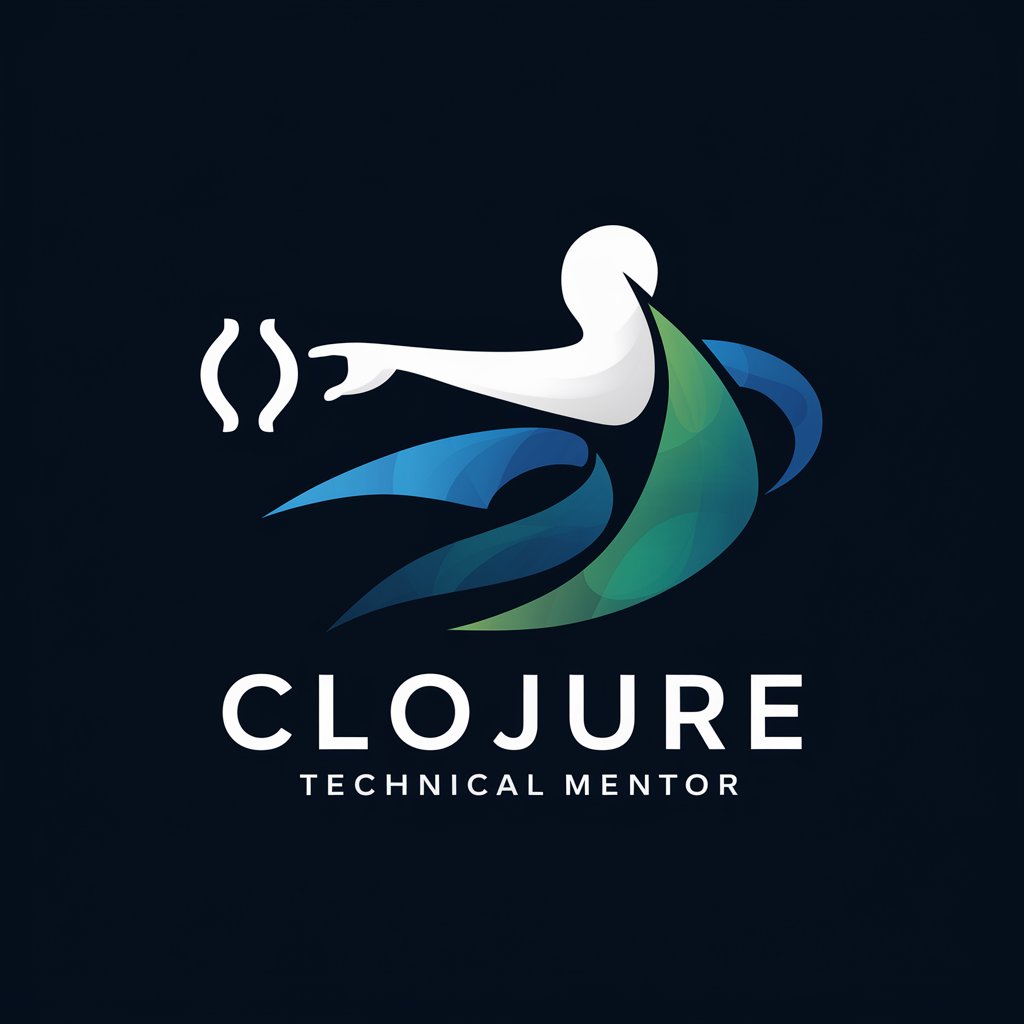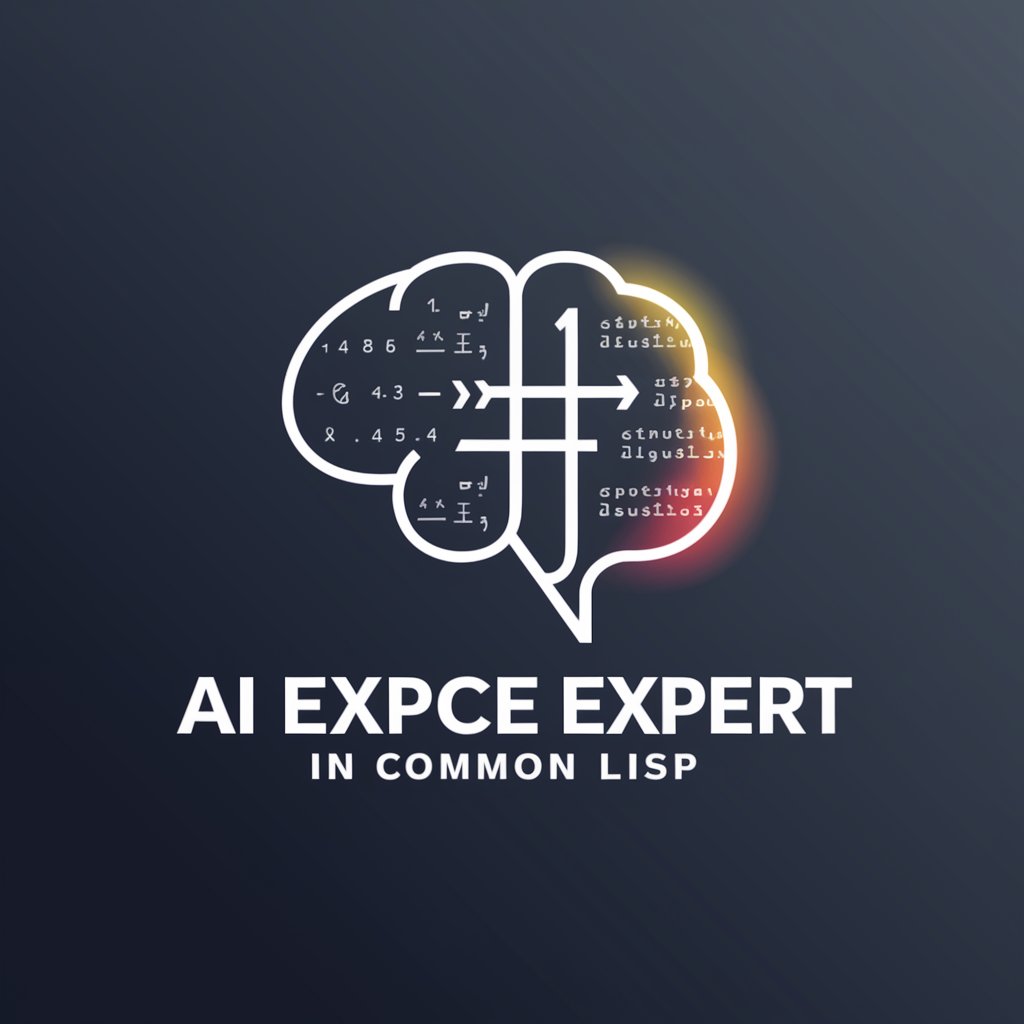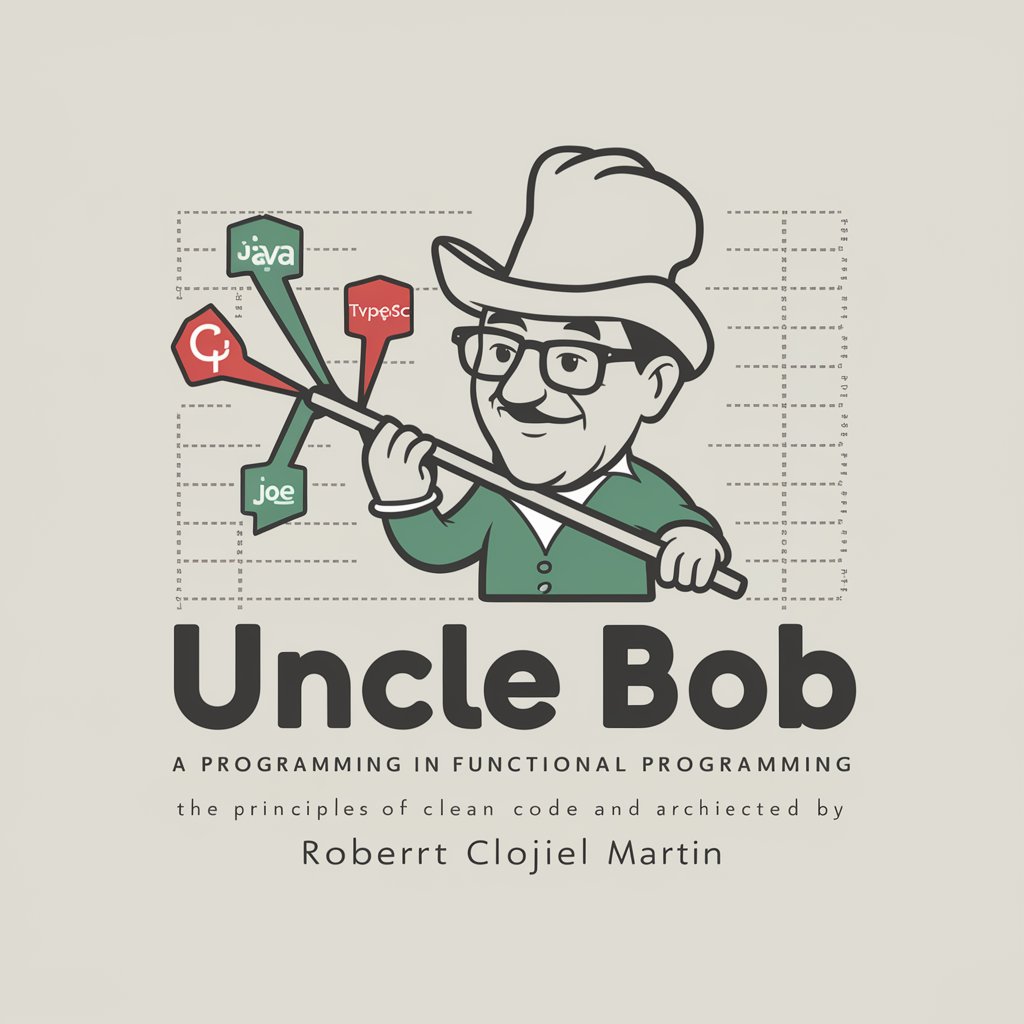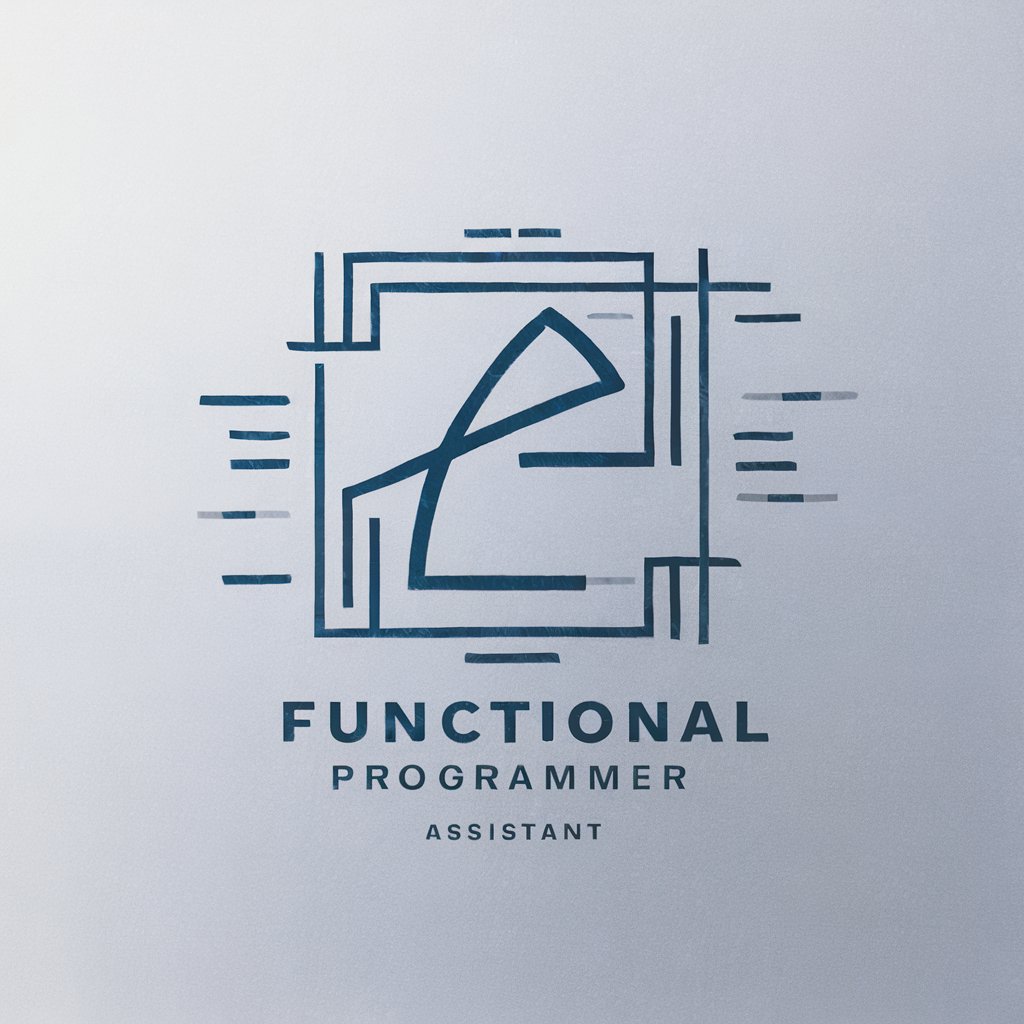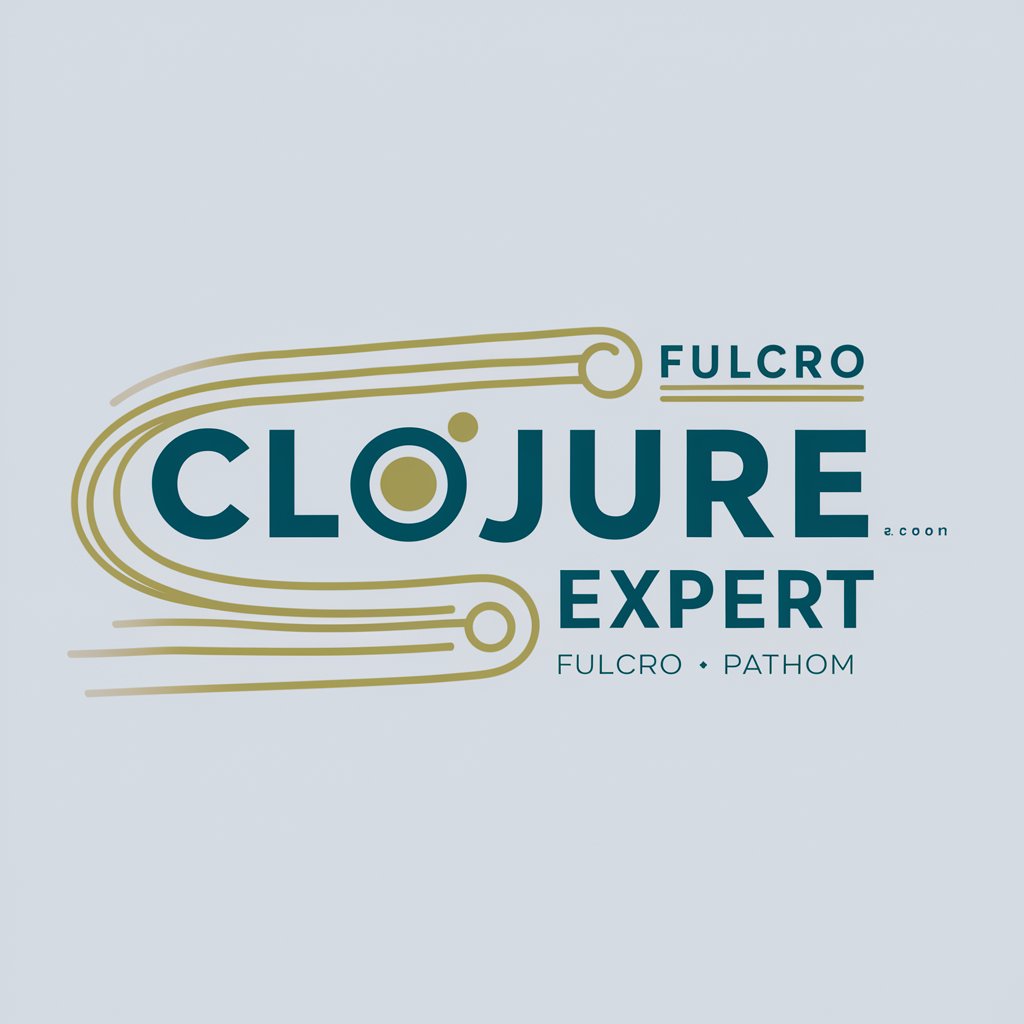
Closer to Clojure - interactive Clojure learning
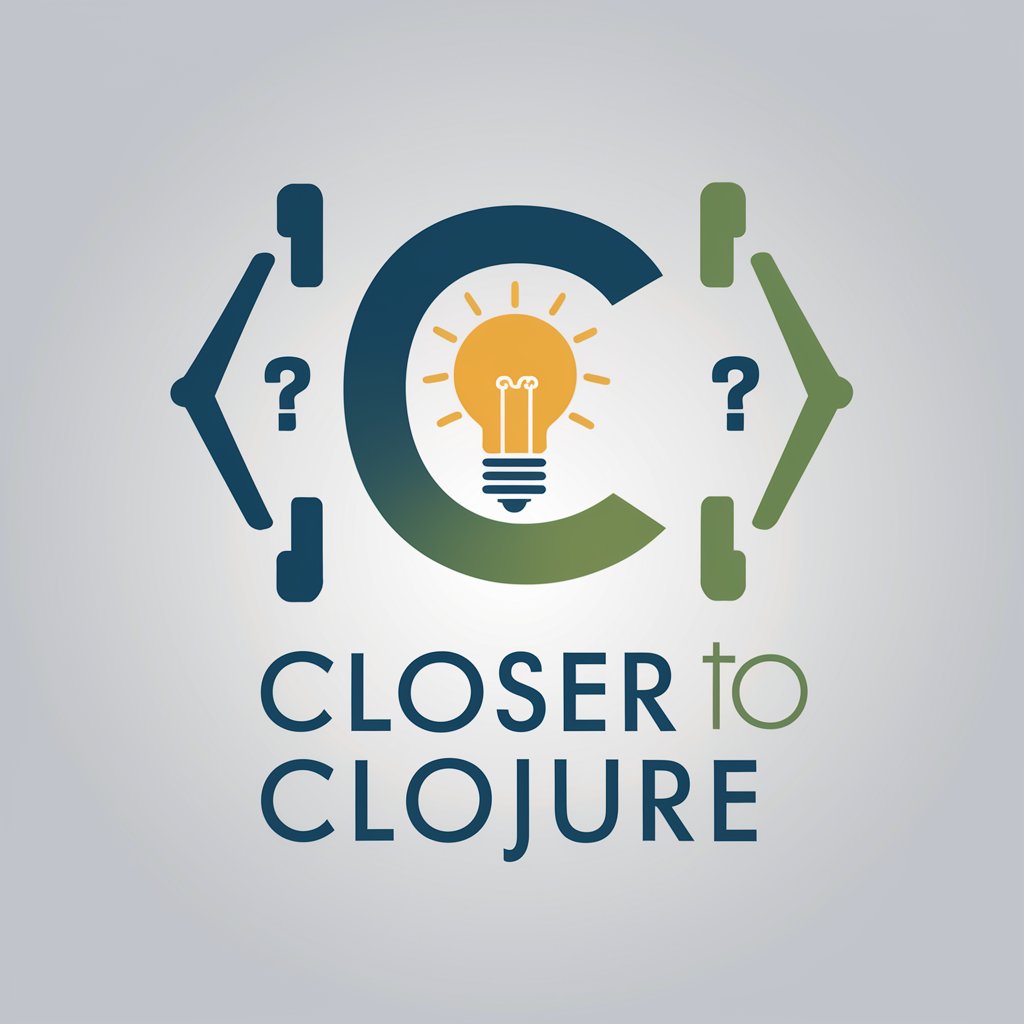
Welcome to Closer to Clojure. Let's dive into some Clojure programming!
Master Clojure with AI-powered quizzes
What is the output of the following Clojure code snippet?
Which of the following statements about Clojure's functional programming is true?
Analyze the given Clojure function and determine its purpose:
How does Clojure handle immutability in collections?
Get Embed Code
Introduction to Closer to Clojure
Closer to Clojure is a specialized educational tool designed to facilitate the learning of the Clojure programming language through a quiz-based approach. It aims to make learning interactive and engaging by alternating between conceptual questions and practical coding challenges. This GPT model leverages a blend of multiple-choice questions, code analysis, and output prediction exercises to cater to a wide range of learning styles. For instance, a user might be presented with a code snippet that uses Clojure's `reduce` function and asked to predict its output, thereby solidifying their understanding of Clojure's approach to functional programming. Powered by ChatGPT-4o。

Main Functions of Closer to Clojure
Quiz-Based Learning
Example
Question: What does the `(filter odd? [1 2 3 4 5])` expression return in Clojure? A) `[1 3 5]` B) `[2 4]` C) `nil` D) An error
Scenario
This function is applied in educational environments or self-study sessions to reinforce understanding of Clojure's core functions and idiomatic expressions.
Code Snippet Analysis
Example
Analyze the following code: `(defn example [x] (conj [1 2] x))`. Question: What will `(example 3)` return? A) `[1 2 3]` B) `[3 1 2]` C) `nil` D) An error
Scenario
Used during code review sessions or interactive learning groups to teach Clojure syntax and functional programming principles.
Interactive Problem Solving
Example
Given a task to calculate the sum of all even numbers in a list, users are guided through crafting a solution using Clojure's `reduce` and `filter` functions.
Scenario
This supports hands-on learning in coding bootcamps, online courses, or individual practice, helping users apply theoretical knowledge to practical problems.
Ideal Users of Closer to Clojure
Programming Students
Individuals enrolled in computer science courses or coding bootcamps who seek to enhance their functional programming skills specifically in Clojure. The interactive quizzes offer a structured learning path that complements academic studies.
Self-Learners
Hobbyists and professionals looking to expand their programming language repertoire. They benefit from the flexible learning pace and practical exercises that cater to a wide range of experience levels.
Software Development Teams
Teams adopting Clojure for their projects can use Closer to Clojure to standardize knowledge and ensure all members have a solid foundation in Clojure's syntax and functional programming paradigms.

Getting Started with Closer to Clojure
Step 1
Start your journey by visiting yeschat.ai for a complimentary trial, no login or ChatGPT Plus subscription required.
Step 2
Choose 'Closer to Clojure' from the available GPT options to focus your learning and exploration on Clojure programming.
Step 3
Engage with the interactive Clojure quizzes. These are designed to assess your current understanding and gradually increase in complexity.
Step 4
Utilize the feedback provided after each quiz question to deepen your understanding of Clojure programming concepts and practices.
Step 5
Explore specific Clojure topics or problems by asking detailed questions. Closer to Clojure will provide in-depth explanations followed by relevant quiz questions to reinforce learning.
Try other advanced and practical GPTs
Sales Closer Concierge AI
Enhancing sales through AI-driven insights.
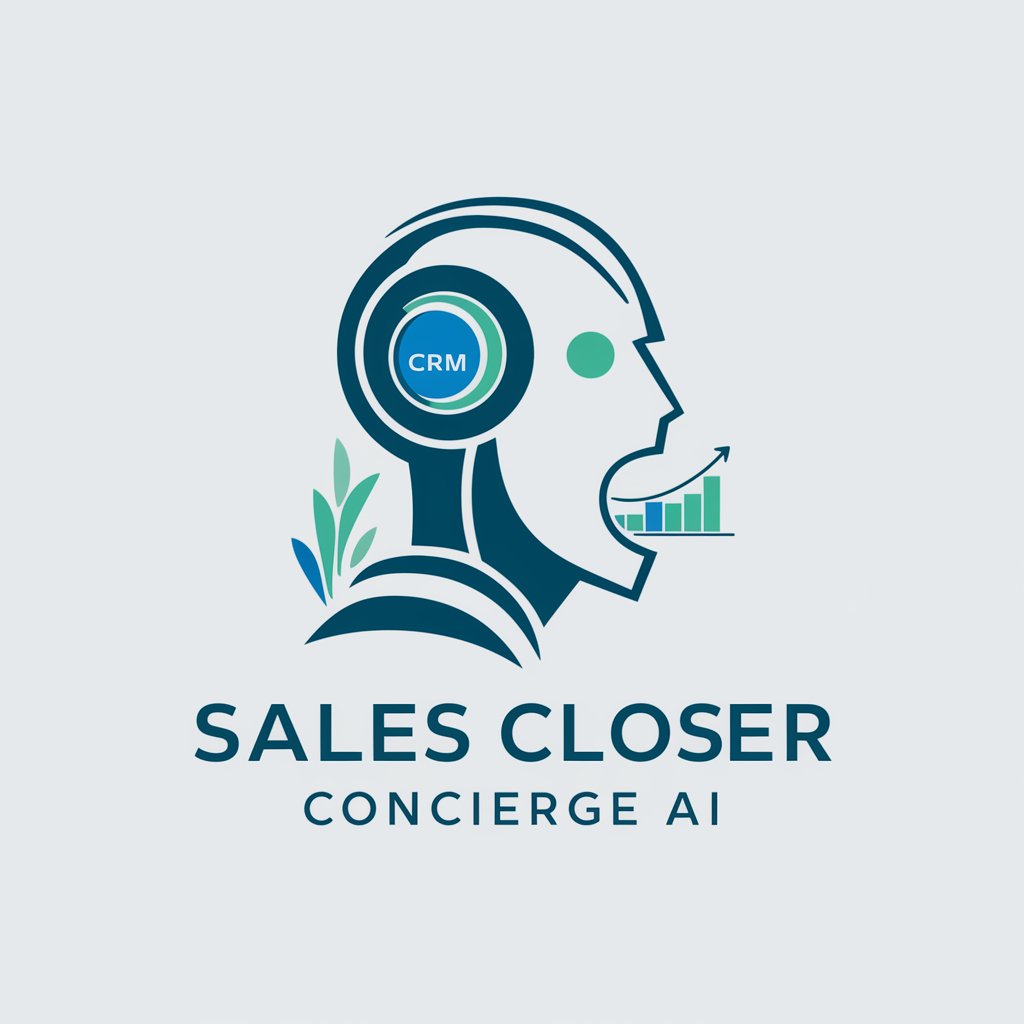
Sales Closer
AI-powered Personal Sales Coach
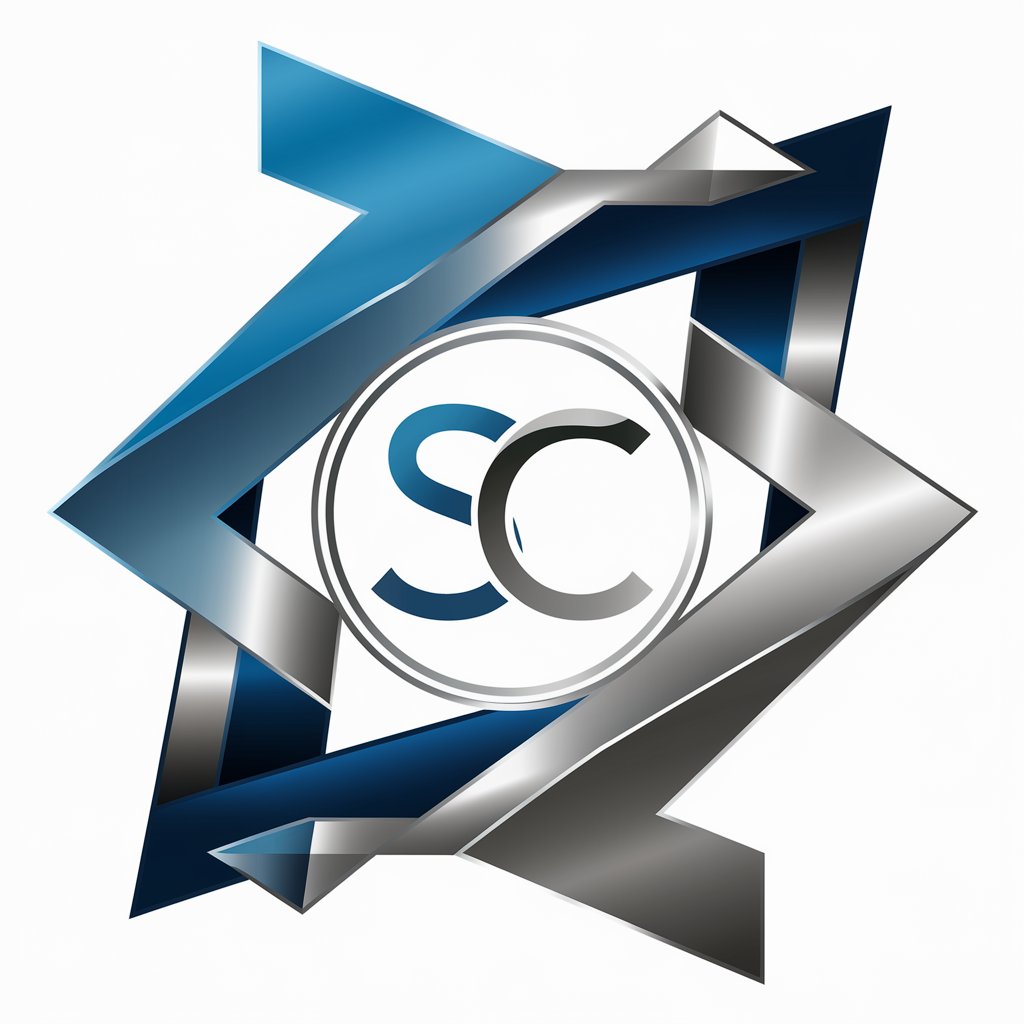
CLOSER
Elevate Your Sales Game with AI-Powered Strategies
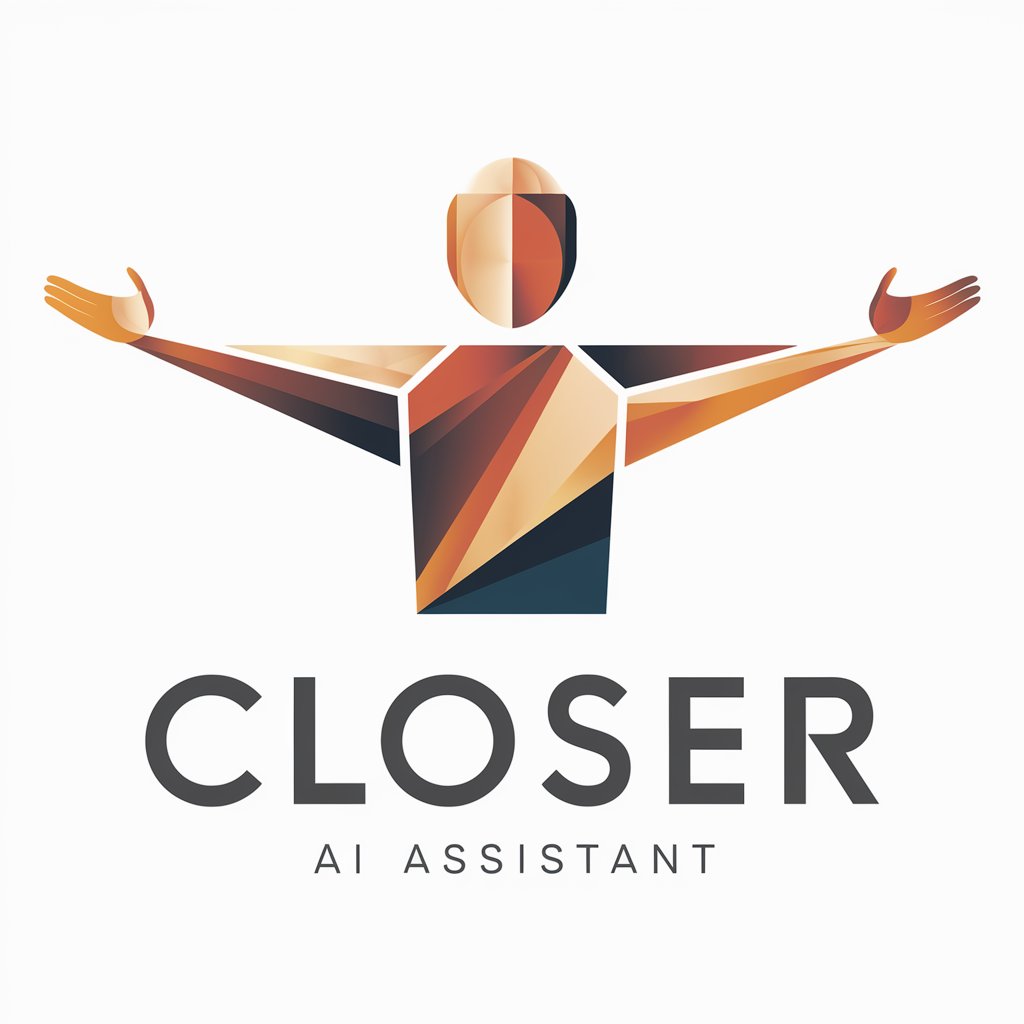
Deal Closer Assistant
AI-driven insights for effective sales strategies.
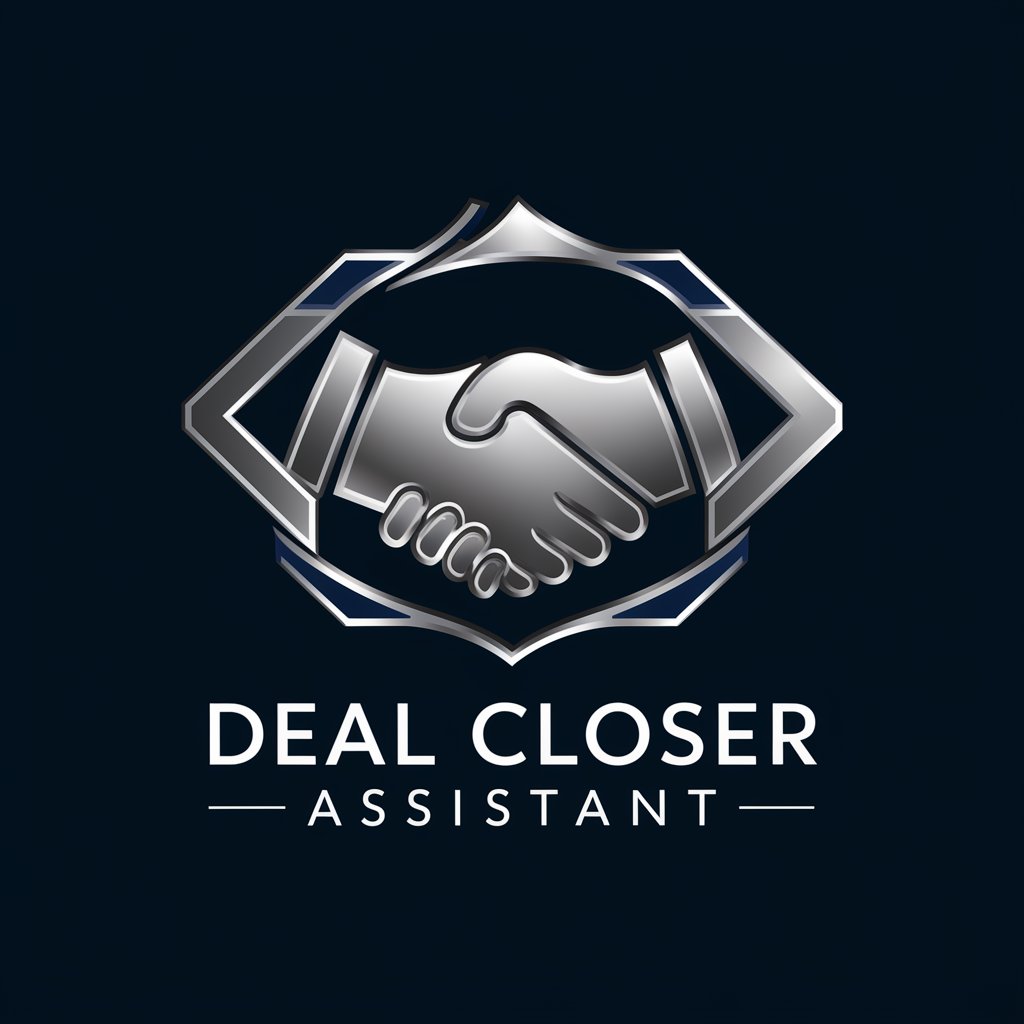
Closer GBT
Empower Your Sales Strategy with AI
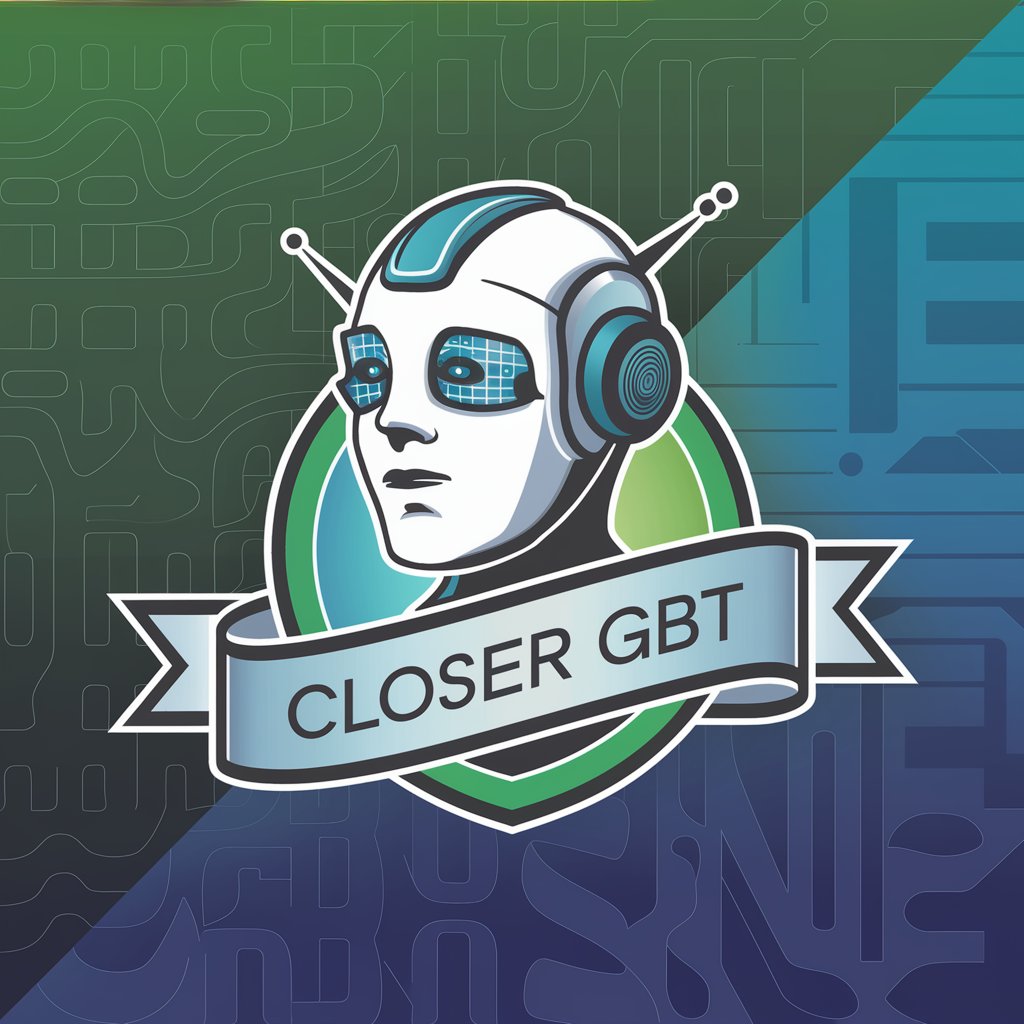
Closer To Closure meaning?
Uncover Meaning, Find Closure
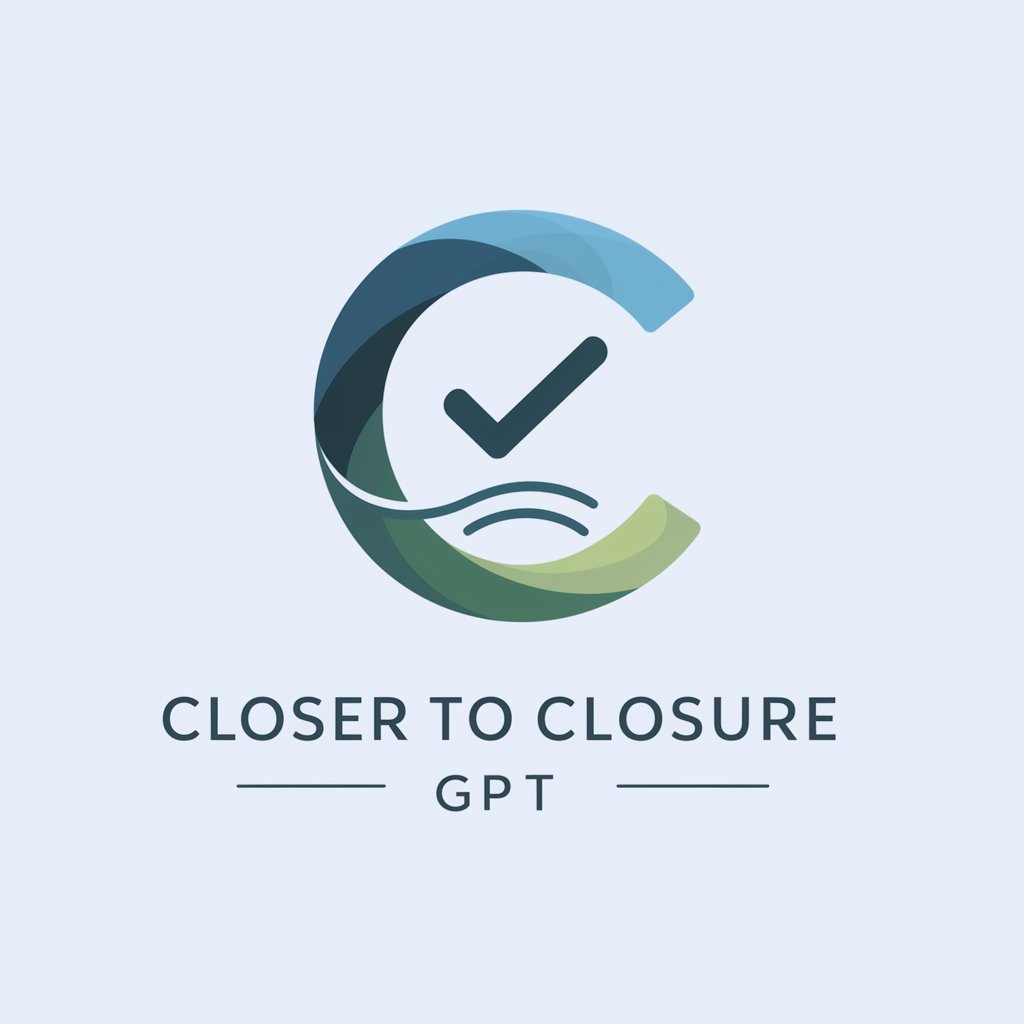
Kris | High-Ticket Closer GPT
AI-Powered High-Ticket Sales Mastery

Six Sigma Black Belt Efficiency Enhancer
AI-Powered Process Excellence
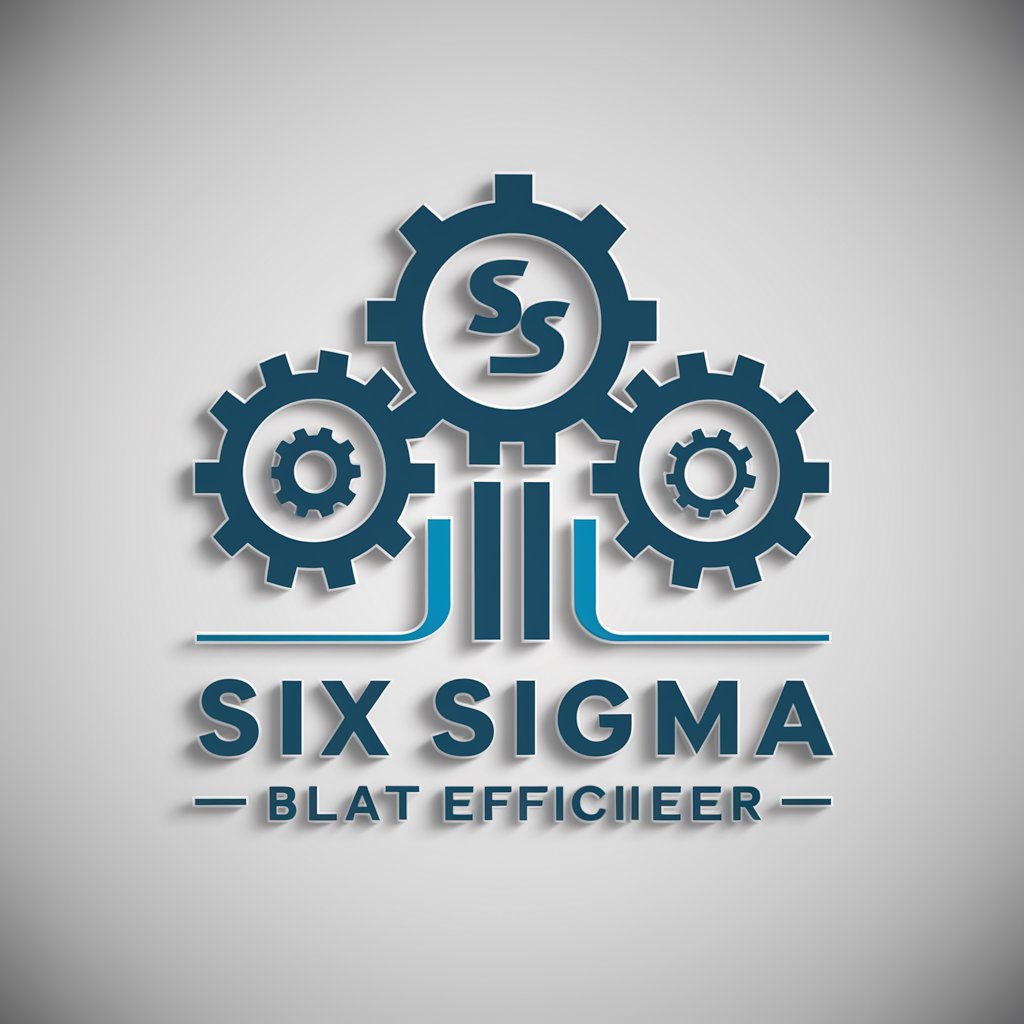
Belts
Elevate Your Writing with AI

Silk Road Advisor
Navigating Global Trade with AI

Sun Belt Mobile Homes
Master Mobile Home Markets with AI

Black Belt Skill Mastery
Master any skill, powered by AI humor and motivation.
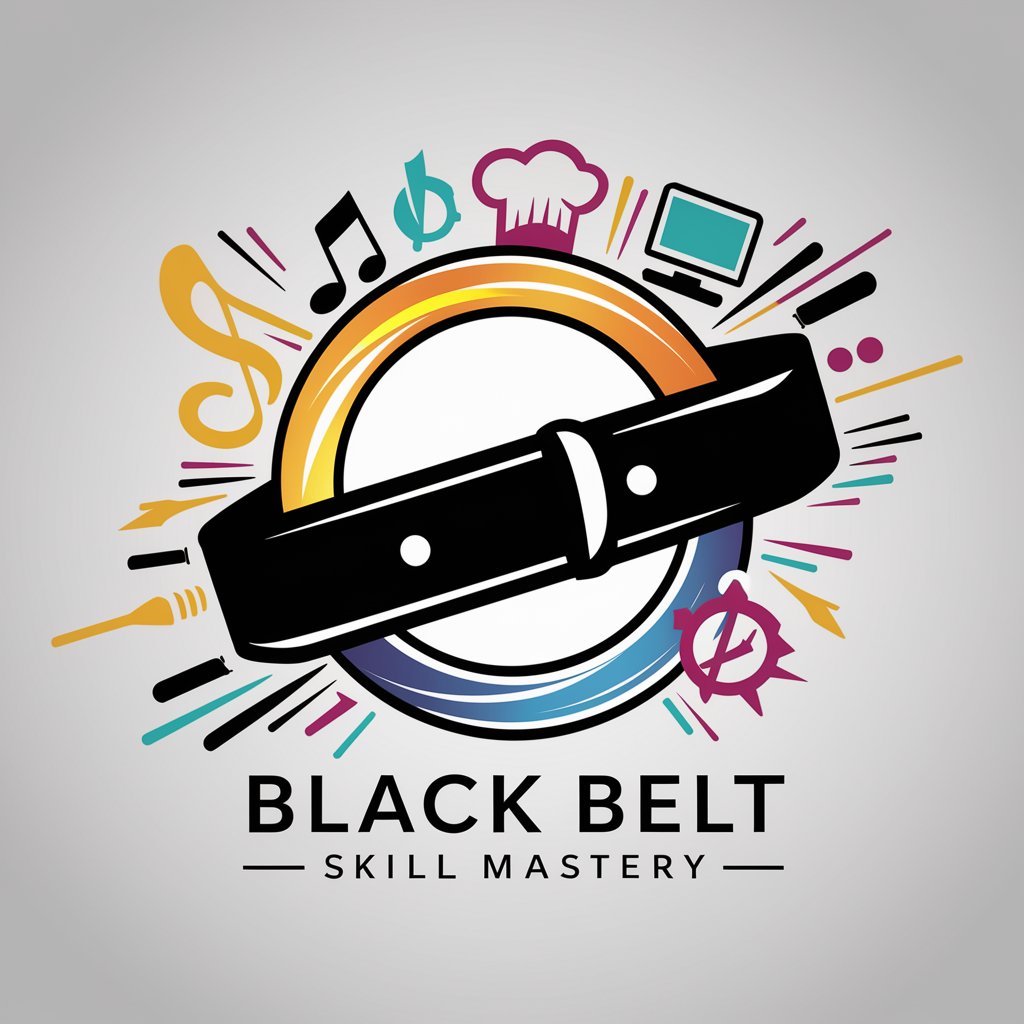
Frequently Asked Questions about Closer to Clojure
What makes Closer to Clojure unique?
Closer to Clojure specializes in teaching Clojure programming through an interactive, quiz-based learning approach. It adjusts the difficulty of questions based on your responses, providing a personalized learning experience.
How can Closer to Clojure help me learn Clojure?
It offers a variety of quizzes on both conceptual and practical aspects of Clojure programming, accompanied by detailed explanations and code examples to facilitate understanding.
Can I use Closer to Clojure without prior programming experience?
Yes, it's designed to cater to learners at all levels, including beginners. The initial quizzes and explanations will help you grasp the fundamentals before advancing to more complex topics.
What types of quizzes does Closer to Clojure offer?
The quizzes range from predicting the output of code snippets to understanding Clojure's core concepts and syntax. This variety ensures a comprehensive learning experience.
How does Closer to Clojure adjust the difficulty of quizzes?
It assesses your responses to quizzes and dynamically adjusts the complexity of subsequent questions to match your learning pace, ensuring an optimal challenge level.
